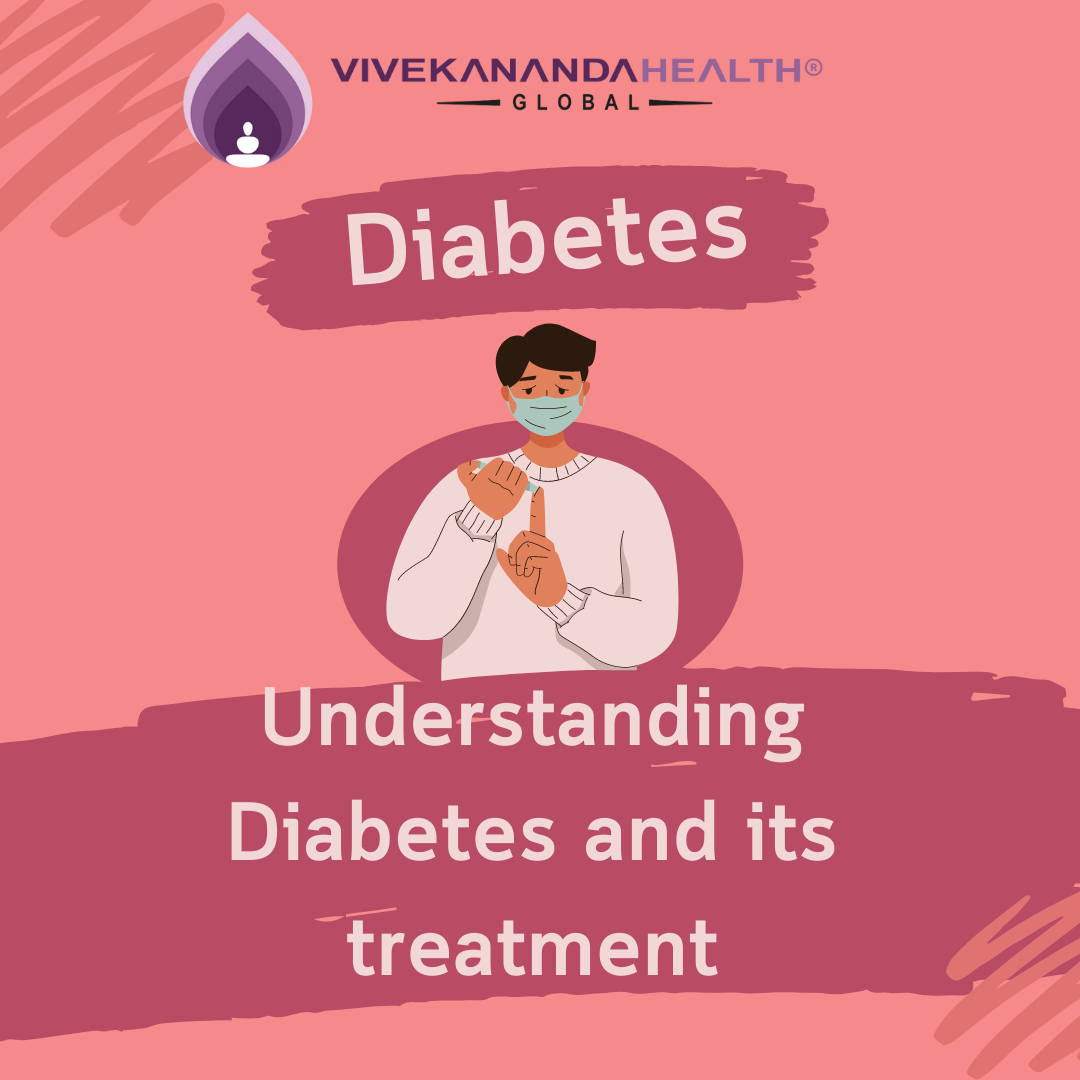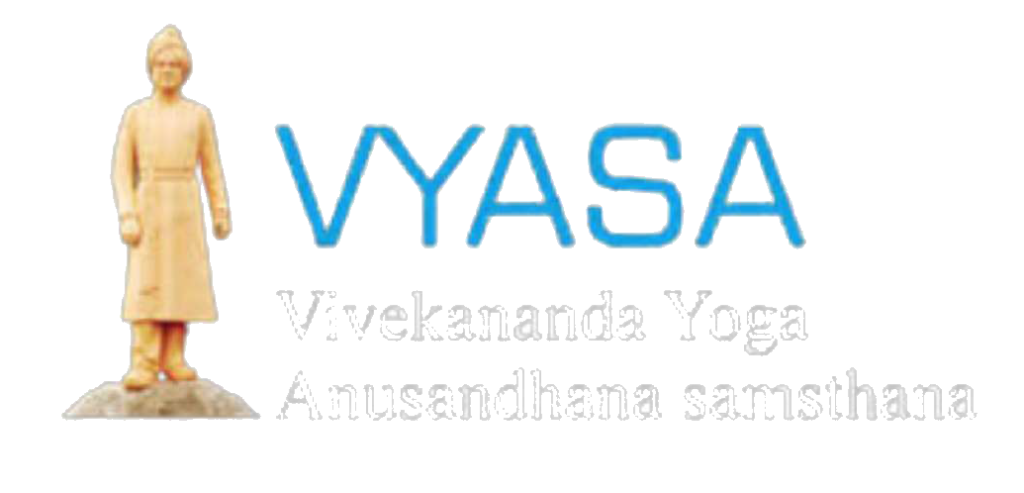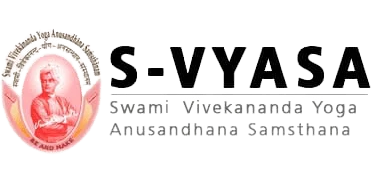Never Give Up On Your Determination to Fight and Win Against Diabetes

What is Diabetes Mellitus and How it Occurs?
Diabetes mellitus commonly known as diabetes is a group of metabolic disorders characterized by a high blood sugar level over a prolonged period of time. It is due to either the pancreas not producing enough insulin, or the cells of the body not responded properly to the insulin produced. Diabetes can be compared with Prameha in ayurveda.
What are its types?
- Type I Diabetes (IDDM): Also known as Juvenile diabetes is a form of diabetes in
which very little or no insulin is produced in the pancreas. Insulin is the hormone
required for the cells to use blood sugar for energy and it helps for regulating normal
glucose level in the blood. - Type II Diabetes (NIDDM): It’s a form of diabetes that is characterized by high blood
sugar, insulin resistance and relative lack of insulin. - Gestational Diabetes: Is a condition in which women without diabetes develop high
blood sugar level during pregnancy.
Early Signs and Symptoms you Will Notice in Diabetes
- Frequent urination.
- Increased hunger.
- Excessive thirst
- Weight loss.
- Tiredness
- Blurred vision.
- Frequent infections and slow-healing wounds.
Complication of Diabetes if it’s Not Treated
Diabetes complications involve the eyes, kidneys (diabetic nephropathy) and nerves (diabetic
neuropathy), heart and blood vessels. Atherosclerosis leading to coronary heart disease, strokes,
and pain in the lower limbs.
Who all are at Risk for Diabetes?
- Obesity
- High blood pressure
- Sedentary lifestyle
- Family history
- Gestational diabetes during a pregnancy
How is it Diagnosed?
- Fasting blood sugar test (FBS)
- Random blood sugar test.(RBS)
- Oral Glucose tolerance test
- Hba1c
Management of Diabetes Through Ayurveda, Yoga and Naturopathy
In Ayurveda Prameha can be managed by intake of certain oral medications, Panchakarma therapies (Detoxification) like vamana (Emesis), Virechana (Purgation) along with certain external therapies, following proper diet and life style changes which help to manage the conditions .Yoga practices such as certain asana, pranayama, cleansing processes, Meditation and relaxation techniques are known to reduce sugar levels in blood and to help in the management of co morbid disease condition associated with type II DM which results in significant positive clinical outcomes. Naturopathy treatments such as Acupuncture, hydrotherapy, mud therapy and diet therapy helps to reduce blood sugar level along with its complications.



